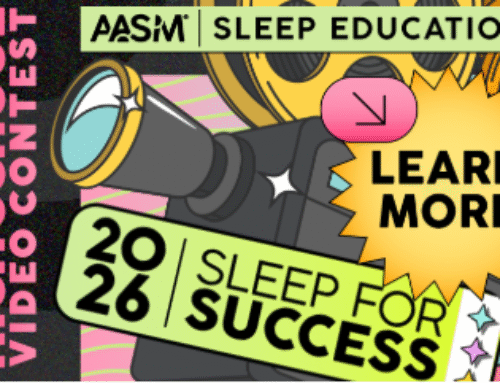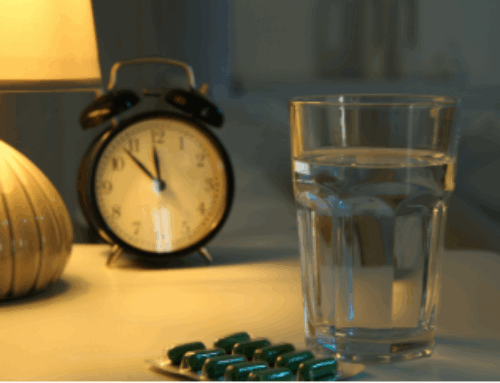A recent study highlighted a troubling trend: rising exposures to caffeine energy products among children and teens, leading to increased reports to poison control centers. The findings shed light on the widespread and potentially dangerous nature of these exposures.
Study reveals trends in kids’ caffeine consumption
Researchers analyzed data from more than 32,000 cases of caffeine energy product exposure among children and adolescents between 2011 to 2023. The rate of exposure increased 17% during this period.
Children under 6 years old accounted for the majority of cases (69.6%), with a 20% rise in exposures over the study period. This suggests caffeine energy products remain both accessible and appealing to young kids. Most exposures in this age group were accidental.
Among teenagers, most exposures were intentional, often categorized as “misuse.” Teens may seek these products for an energy boost or as part of risky behavior.
While most cases didn’t require medical care, nearly 15% resulted in treatment at a health care facility and almost 2% led to hospital admission. Common symptoms included agitation, vomiting, rapid heart rate, nausea and even seizures. Solid formulations — like caffeine pills or chewables — were more likely to result in serious medical outcomes than liquids.
How caffeine disrupts sleep
Caffeine is a stimulant that blocks adenosine, a brain chemical promoting sleepiness. This interference makes it harder to fall and stay asleep. For children and teens, whose brains and bodies are still developing, lost sleep can have significant consequences.
Did you know:
- Chronic sleep deprivation can lead to structural changes in the brain. A 2022 study found that pre-teens sleeping less than nine hours daily had more mental health and behavioral challenges, such as impulsivity, stress, anxiety and aggressive behavior, compared to those who got sufficient sleep. Additionally, brain imaging showed harmful changes in areas of the brain responsible for attention, memory, and inhibition control in children getting less than nine hours of sleep daily. These changes in brain structure persisted over two years — a finding that suggests long term harm for those who don’t get enough sleep.
- Sleep-deprived teens are at a higher risk of developing depressive and suicidal thoughts. A study published in 2023 found that high school students who regularly get inadequate sleep (less than eight hours) on school nights were significantly more likely to experience poor mental health and negative feelings, including sadness, hopelessness and suicide planning.
- Insufficient sleep can lead to risky behavior and poor judgment. Research found that teens who get less than eight hours of sleep on school nights were more likely to engage in risky behaviors like substance use, sexual activity or reckless driving. One study found that students who got the least amount of sleep on school nights reported greater alcohol usage than those students who got the most sleep.
Lack of sleep doesn’t just lead to tiredness — it can weaken emotional control, impair judgment and make it harder for kids and teens to focus, learn and make healthy decisions.
How much sleep do kids and teens need?
The American Academy of Sleep Medicine provides recommendations for optimal sleep durations by age:
- Infants (4-12 months): 12-16 hours (including naps)
- Children (1-2 years): 11-14 hours (including naps)
- Children (3-5 years): 10-13 hours (including naps)
- Children (6-12 years): 9-12 hours
- Teens (13-18 years): 8-10 hours
Getting enough sleep supports memory, mood, and helps the body repair itself and regulate important hormones. To help families find the right bedtime, AASM offers a bedtime calculator.
The bottom line
Caffeine energy products pose real risks to children and teens, not only through immediate health effects but also by interfering with critical sleep needs.
Parents and caregivers should keep energy drinks out of reach, check labels for hidden caffeine sources and discuss the dangers with their children — especially teenagers. Encouraging healthy sleep habits and caffeine-free ways to boost energy, such as staying hydrated and getting natural sunlight, can make a big difference.
Protecting children’s sleep isn’t just about preventing tiredness — it’s about supporting their physical and mental health, emotional resilience and long-term success.
If your child is experiencing ongoing sleep problems, visit the AASM sleep center directory to get help from the sleep team at an accredited sleep center.
Medical review by Margaret Hovda, MD
Related:
- Navigating caffeine’s effects on sleep and alertness
- Sleep and caffeine
- Studies link caffeine to bad sleep habits and poor school performance in young teens
- Sleep disorders in children
- The truth about melatonin use in kids





